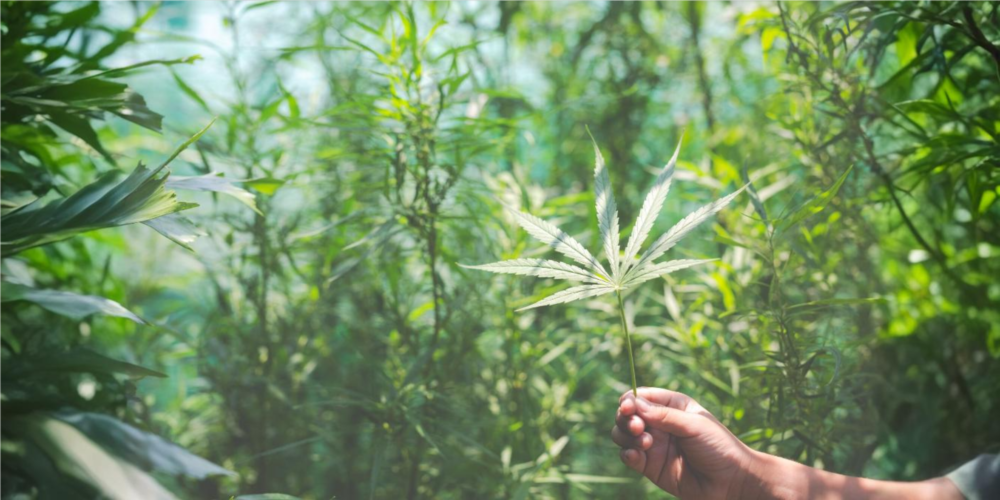
Author
Squeezed between deadlines, and phone-scrolling, we are hardly conscious of how time passes us by, and, in turn, how life goes by. Happiness is now a dopamine boost triggered by the relentless buzz of social media and email notifications. But the truth is that this stimulation is fleeting and leaves us empty and anxious. Thankfully there is an easy way out of this vicious circle: A study has found that just a few minutes of intentional joy each day can meaningfully improve our emotional and physical well-being. That’s the remarkable finding of the Big Joy Project, a global study led by researchers at UC San Francisco.
The intervention sounds almost too simple: over the course of seven days, participants were asked to perform “micro-acts” of joy, like making a gratitude list, doing a small kind act, or asking someone to share a proud or inspiring moment. More than 17,600 people from 170 countries took part. The majority were from the U.S., Canada, and the UK. Most were women, white, and college-educated. But what’s most striking is that the greatest benefits were reported by younger participants, as well as Black, Hispanic, and socially disadvantaged individuals.
“People with higher wellbeing are less likely to develop chronic conditions, like cardiovascular diseases, and have reduced mortality in both healthy and unhealthy populations,” said senior author Elissa Epel, PhD.
That’s, for once, a data-backed claim. This validates an obvious truth: joy is in small things, only we don’t pay attention in the rush of our daily lives.
‘Just minutes a day’
And unlike so many mental health solutions that require weeks of commitment and hours of availability, this intervention asked for just minutes a day. As Darwin Guevarra, PhD, the lead author of the study, pointed out, “Many people lack the time, motivation, and resources to commit to these lengthier programs, and they may be more likely to drop out.” That’s why the Big Joy Project was different. “We were excited to get positive results in a program that required just a few minutes each day for a week.”
It’s a welcome counter to the commodified version of wellness that floods our feeds. What this study suggests instead is radical in its humility: that everyday humans, across geographies and income brackets, can build resilience and reduce stress with small, intentional actions.
Joy snacking
There’s also something deeply democratic about this approach. In a world of inequality, where access to therapy, time off, or green spaces isn’t universal, joy snacking, as some have called it, requires no special tools. Just a willingness to pause and connect, with ourselves, with others, with the awe of the ordinary.
What we need to do is to follow this practice in our personal, family and social lives, and this will transform our individual and collective lives. We should integrate these practices into schools, community centers, and workplaces. Mental health campaigns should create a wider awareness of this practice and promote its adoption. The takeaway is that joy is easy to find. And sometimes, it starts with nothing more than asking someone: “Tell me something that made you smile today.”
Also read: The joys of pregnancy and the anticipation of welcoming a new life
“Do you have a health-related claim that you would like us to fact-check? Send it to us, and we will fact-check it for you! You can send it on WhatsApp at +91-9311223141, mail us at hello@firstcheck.in, or click here to submit it online.”








